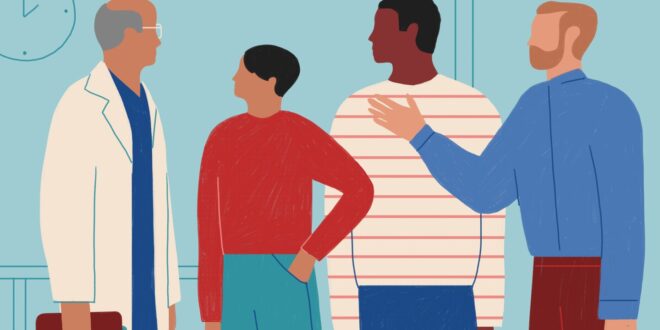Men’s Health: Falling Short
Test Your Disability Bias
Ableism is rooted in the belief that being able-bodied is the ideal, and that people who are disabled are worse off than you. Take our new quiz “Are you ableist?” to explore seven scenarios that could reflect ableist thinking. The quiz was created with the input of 25 disabled activists and scholars.
Take each scenario at face value. There are always variables that can affect your answers, but try to pick the answer that you think best reflects how you might act in a real-world situation. You can also change your answers to learn more about why certain scenarios reflect ableist thinking. As you can see in the comments, a lot of readers have been frustrated by the answers.
Source Mind Uncharted Explore. Discover. Learn.
Mind Uncharted Explore. Discover. Learn.


